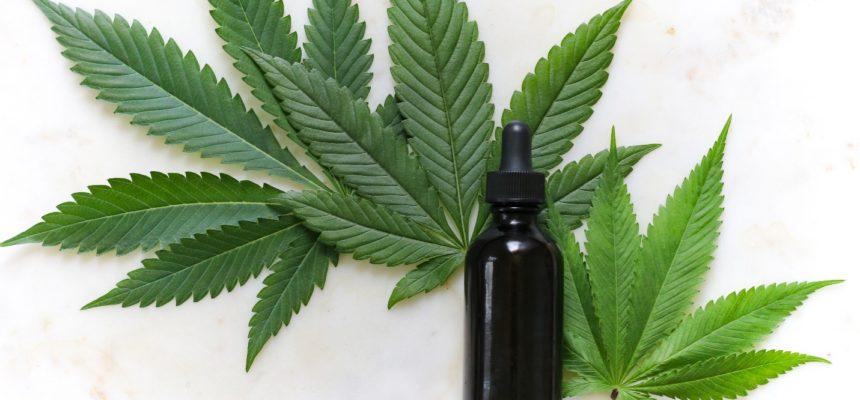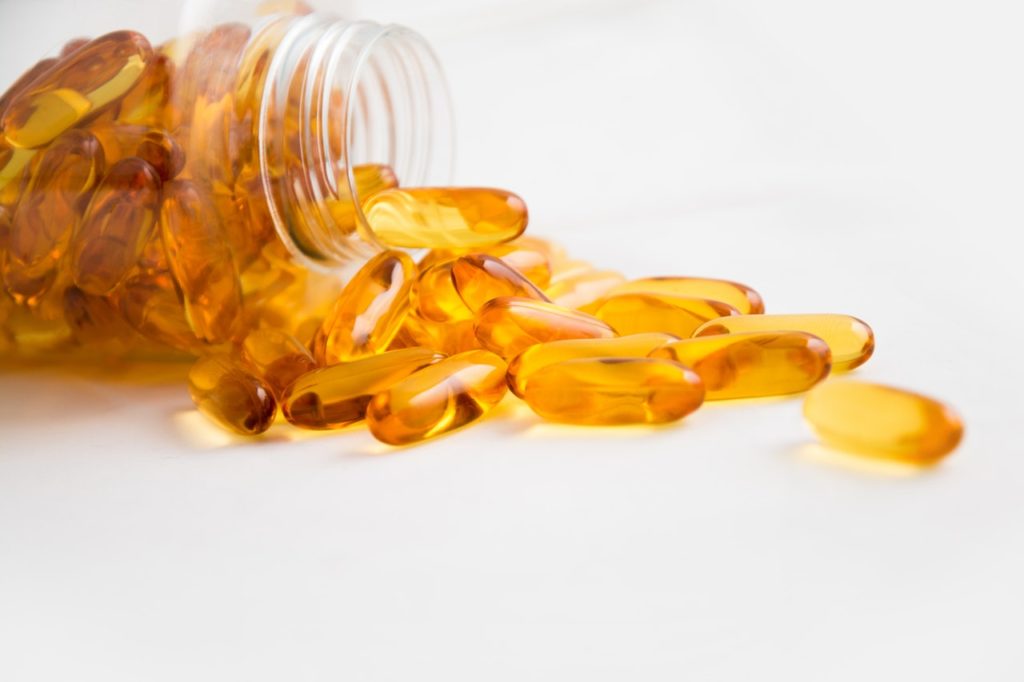
Understanding CBD: Is CBD Addictive or Does It Help Treat Addiction?
Cannabidiol (CBD) has grown hugely popular over the last few years. Supporters of the compound claim that it has a wide range of benefits, from chronic pain to marijuana addiction treatment, all without any of the drawbacks of synthetic medicines or medicinal marijuana.
However, is CBD as effective as they say it is? What is CBD oil used for, and are there any dangers these brands are not telling us about? In this article, we’ll explain everything you need to know about this new medicinal trend.
What Is CBD?
CBD stands for Cannabidiol, an extract derived from the buds and leaves of either hemp or marijuana, two very similar varieties of the cannabis plant. This extract is then processed to produce an oil, which is the most common way of consuming CBD. Other forms on the market include capsules and creams, promoted for use with different ailments.
Where CBD differs from medicinal marijuana or THC oil is that it shouldn’t contain the psychoactive compound THC. THC is what gives you the high when smoking marijuana or the euphoric effects of certain THC-based oils, and it is usually not found in hemp, from where most CBD is extracted. This means that, unlike marijuana, CBD should theoretically not be at all addictive.
The Possible Benefits of CBD
So far, the FDA has only approved the prescription of CBD for two rare forms of childhood epilepsy. Although anecdotal evidence exists for other supposed benefits, there haven’t been enough high-quality clinical human trials to properly verify those claims.
Supporters of CBD say that its anti-inflammatory and analgesic properties can help with:
- Parkinson’s disease
- Diabetes
- Multiple Sclerosis (MS)
- Rheumatoid arthritis
- Sleep disorders
- Pain relief
- Side-effects of cancer and chemotherapy treatment
Can It Treat Addiction?
There are also limited but promising signs that CBD oil could be used as a tool to treat addiction. Although more studies are needed, it is possible that CBD is effective in lowering anxiety and easing withdrawal symptoms, both of which occur regularly in the course of addiction recovery.
At the same time, CBD oil treatment could potentially reduce levels of chronic psychosis, which is sometimes found among those who abuse marijuana and other drugs. This would, in turn, make a long-term recovery more successful—and quality of life better—for many addicts.
The Dangers of CBD
With all of these benefits, CBD may seem like the next miracle medicine, but, as with any new health product, there are some things you should consider before trying it, including:
- The placebo effect – As there haven’t been sufficient human trials to confirm the medical benefits of CBD, there is a possibility that many of the benefits are simply a placebo effect—that is, you feel better because you think it’s working, not because it is. This means it may not actually be treating conditions you think it is, which may stop you from using genuinely effective medication.
- Side effects – There are some reported CBD oil side effects, such as nausea, drowsiness, dry mouth, and diarrhea. It could also interact with other medicine you’re taking in unexpected ways.

- Regulation – The CBD market is almost entirely self-regulated, meaning you never really know what you’re getting in your oil or capsules. A recent study1 found that 70% of all CBD products sold online were inaccurately labeled in terms of how much CBD they actually contained.
- CBD addiction – Because the market is unregulated, THC can still find its way into CBD products. In fact, around 20% of CBD oils still contain the psychoactive compound.1 While it would be rare, this does mean that CBD products have the potential to be addictive.
Make Recovery Last with the Right Support
There is a dizzying number of programs, treatments, and medicines out there which claim to help you through addiction. How do you know what’s right for you?
For true recovery and long-lasting happiness, the first step is always finding the right support. Whether it’s you or a loved one who’s struggling with addiction, it’s important to get trustworthy, caring advice to start you on the right path of your healing journey.
When you need help, turn to Yellowstone Recovery. We’re always here for you with advice and treatment plans that put your needs first. For more information about our marijuana addiction treatment, or any other of our services, call (888) 418-4188 today.
Please Note: As of now, Yellowstone Recovery does not allow the use of CBD oil in our program. This may change in the future, though, pending further study of the potential benefits.
Source:








